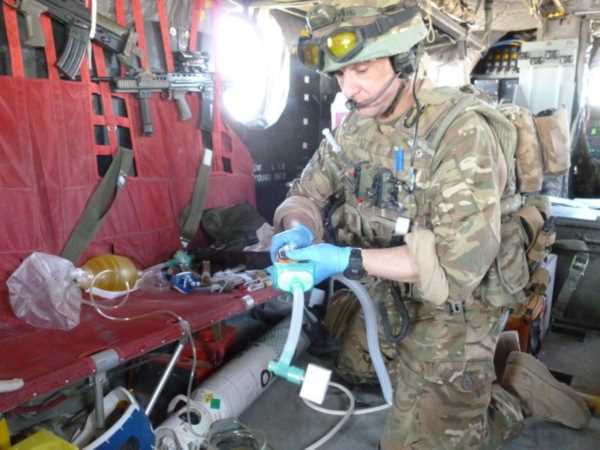Continuing professional development (CPD)
Continuing, or continuous, professional development (CPD), can be broadly defined as any type of learning you undertake which increases your knowledge, understanding and experiences of a subject area or role.
CPD is an ongoing and planned learning and development process. It focuses on what you learn and how you develop but may include a formal process of recording it (through supervision, submission of assignments etc.). You are probably already undertaking CPD without even knowing it.
Examples of CPD include:
- Work based learning (either through supervision, training courses, job-shadowing, mentoring or coaching)
- Completing a TADO course through Nottinghamshire County Council
- Undertake a peer support buddying opportunity through Nottinghamshire County Council
- Completing a professional qualification
- Informal or experiential learning (which takes place through life and work experience)
- Reflective thinking based on planned and unplanned experiences
- Peer mentoring or job-shadowing.
Why is CPD important?
Aside from learning about something new, there are many reasons to undertake CPD. CPD is important because it:
- gives you new knowledge that may help you to deal with new or complex situations.
- can help you achieve your career goals by focusing on learning and development.
- will give you confidence in your role.
- will demonstrate your commitment to developing your skills and knowledge in a subject area.
Whose responsibility is CPD?
CPD is everyone's responsibility.
If you work within an organisation then there is a shared responsibility between yourself and your manager (or your manager and your employees) to empower and support your staff to develop.
If you work independently or are employed directly by the people using a service then CPD is your responsibility.
There is no one size fits all however, no matter where you are in your career or learning, CPD is yours and should reflect your learning needs.
I don't have time for CPD
A common misunderstanding about CPD is that you may think that you don't have any spare time to undertake any CPD or learning.
Some of the most effective personal development results from personal experiences on a day-to-day basis. It is important to give yourself the opportunity to reflect on those experiences either on your own or for discussion with your manager. This is a form of CPD.
I can't afford to do any courses or qualifications
Don't forget CPD is not just about doing training courses or qualifications!
It could involve doing some work-shadowing, reading some information in a book or on a website, or talking to colleagues about how they handled a difficult situation. The key thing is to reflect on your learning and think about how it will impact your job or role in the future.
You may wish to talk to your employer to see if they would consider funding you to do a course or a qualification.
How do I start?
Once you have decided that you want to improve your skills or learning, you will need to think about what course or learning you would like to do. There are many options available to you:
- Look for a course or qualification
- Speak to you manager about your options.
- Speak to someone more experienced about mentoring or job-shadowing
- Look at the information on jobs or roles within other sectors or professions.
Contacts
For more information contact the Early Years Training Administrators:
- telephone: 0115 977 3065
- email: ey&cc.training@nottscc.gov.uk.








